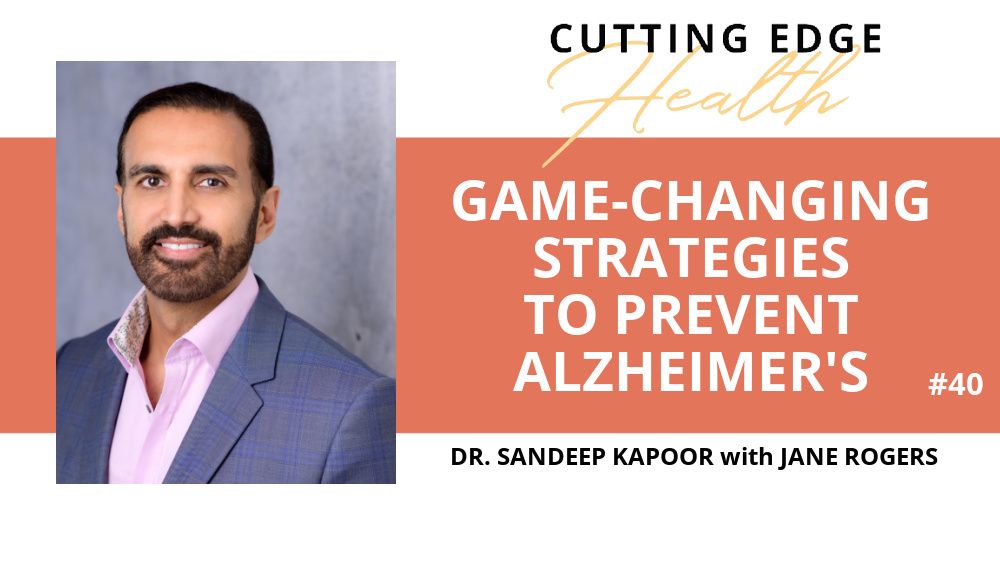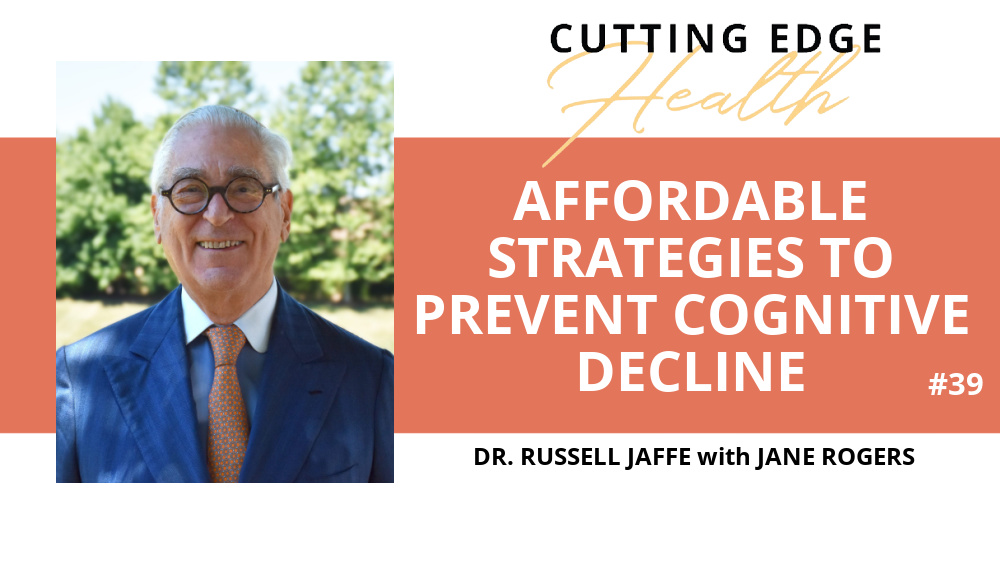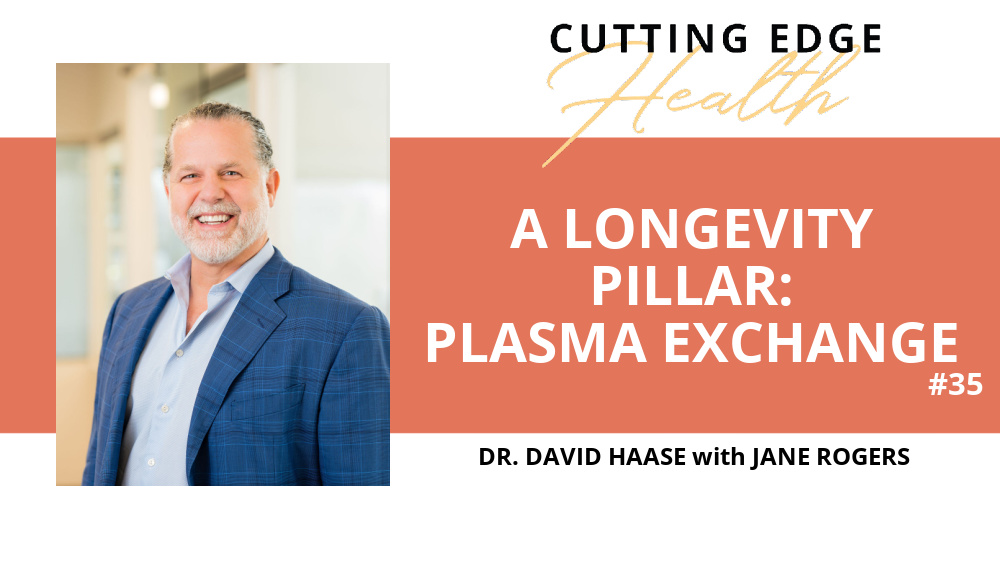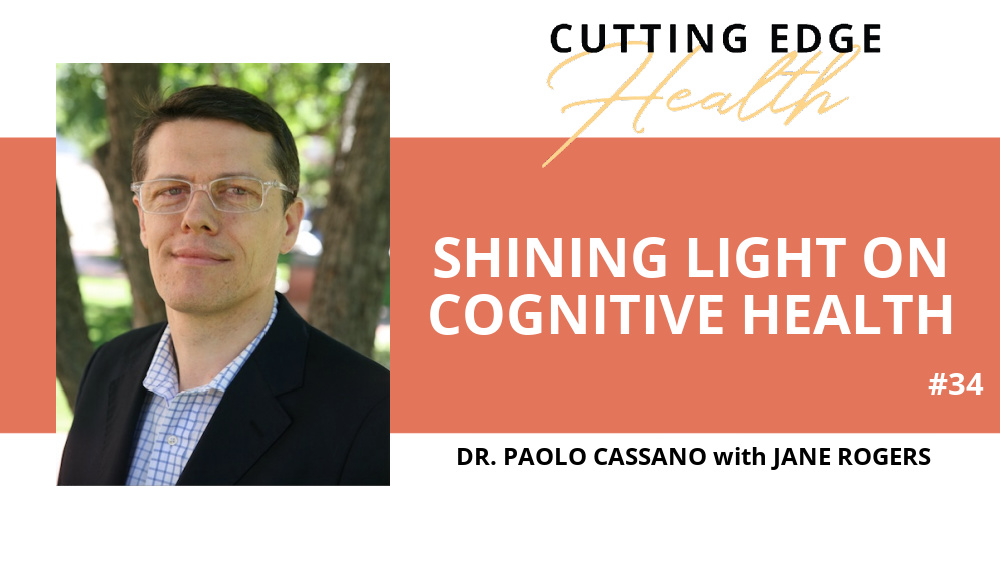EPISODE #9
Out of the Alzheimer’s
Research Rabbit Hole
Dr. Karl Herrup
with Jane Rogers
Plaque alone is not the answer to Alzheimer’s. Find out why.
If you only have 3 minutes...
What you'll learn in this podcast....
Karl Herrup, PhD is an Investigator with the University of Pittsburgh Medical School at a laboratory researching the causes of Alzheimer’s. He is a professor of neurobiology and a long-time, well-respected researcher widely known in the field. In his new book, How Not to Study a Disease: The Story of Alzheimer’s, he speaks out about why we don’t have a cure yet and what’s ahead.
Two decades of research and tens of billions of dollars have not produced a cure for Alzheimer’s. Dr. Herrup explains how a misguided fixation on plaque build up in the brain and big pharma’s economic model prevented researchers from pursuing alternative theories and treatments for Alzheimer’s disease. In this episode, Dr. Herrup demonstrates how an exclusive focus on amyloid and tau prevented researchers from examining and understanding the true complexity of this disease. As the amyloid partisans gained more and more ascendancy and power in the field, it became easier and easier for grants that didn’t embrace that view of the disease to be turned down as not worthy. The same was true with publication of manuscripts. This kind of reductionist fallacy is at the heart of the medical-industrial complex that is stifling alternative lines of enquiry.
Dr. Herrup believes we are finally learning that Alzheimer’s is far more complex than we had originally thought. Of the current research areas and clinical studies that Dr. Herrup finds worthy of further analysis, he and his colleagues are especially focused on maintaining the integrity of our DNA and associated inflammation, which includes the role of senescent cells. By looking back at the errors of the past, we can begin to open our eyes to the greater possibilities of the future.
About Dr. Karl Herrup
- Transcript
- Guest website
- Dr. Karl Herrup’s book “How Not to Study a Disease.” Click HERE.
- Never miss an episode! Subscribe and follow on your favorite distribution channel.
- Feedback and questions to hello@cuttingedgehealth.com
- Ask your question directly to the doc
- Our team would be honored and grateful, if you could leave a 5-star rating on Apple Podcasts.


























